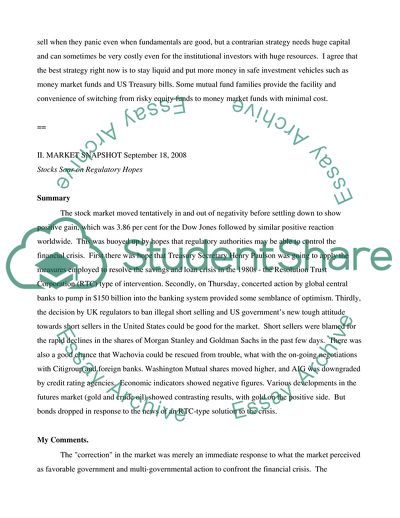Cite this document
(Mutual Funds News and Articles: An Examination Assignment, n.d.)
Mutual Funds News and Articles: An Examination Assignment. https://studentshare.org/finance-accounting/1716738-mutual-funds-article-critiques
Mutual Funds News and Articles: An Examination Assignment. https://studentshare.org/finance-accounting/1716738-mutual-funds-article-critiques
(Mutual Funds News and Articles: An Examination Assignment)
Mutual Funds News and Articles: An Examination Assignment. https://studentshare.org/finance-accounting/1716738-mutual-funds-article-critiques.
Mutual Funds News and Articles: An Examination Assignment. https://studentshare.org/finance-accounting/1716738-mutual-funds-article-critiques.
“Mutual Funds News and Articles: An Examination Assignment”. https://studentshare.org/finance-accounting/1716738-mutual-funds-article-critiques.


